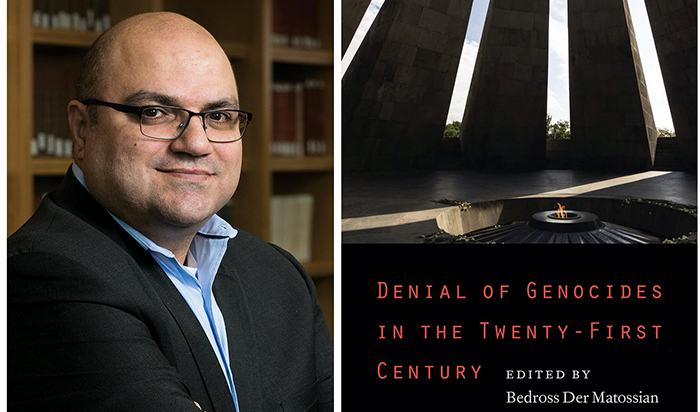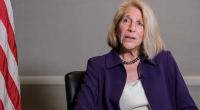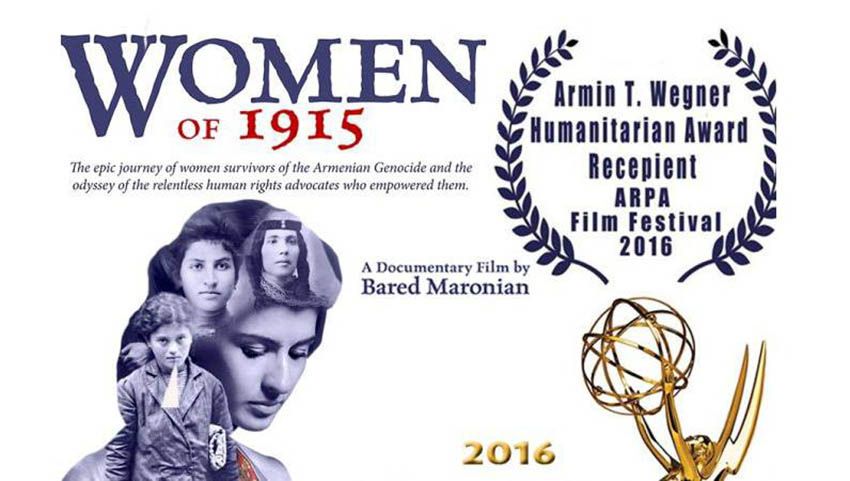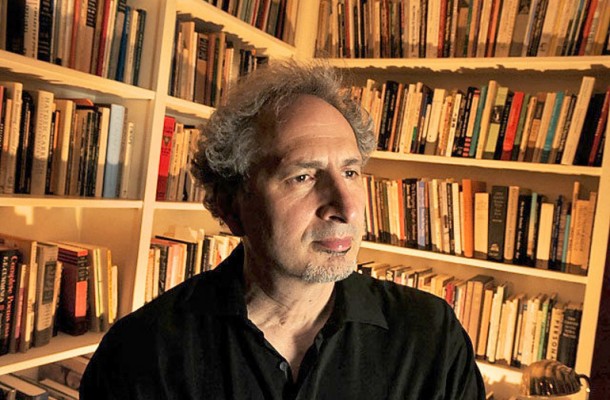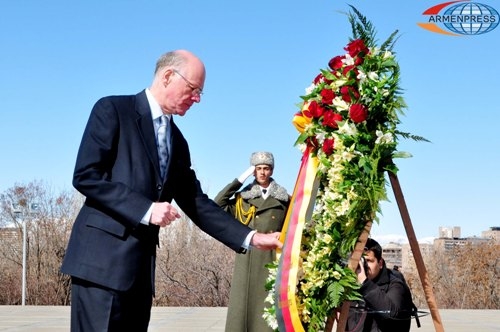LINCOLN, NE — The University of Nebraska Press (UNP) recently announced the publication of Denial of Genocides in the Twenty-First Century, an edited volume on denial of genocides by Bedross Der Matossian. The edited volume is the first book that analyzes the nature of denial of genocides in the twenty-first century from an interdisciplinary and comparative perspective. While the denial of the Armenian Genocide represents the classic case of genocide denial in the modern period, other genocides of both the premodern and the modern periods have seen their share of denialism. This edited volume discusses the ongoing denial mechanisms of some of the most horrendous genocides of the premodern and modern periods. There is no genocide in the course of history that has not been denied by states or non-state actors, often including “professional” historians and pseudo-historians.
Throughout the twenty-first century, genocide denial has evolved and adapted with new strategies to augment and complement established modes of denial. In addition to outright negation, denial of genocide encompasses a range of techniques, including dispute over numbers, contestation of legal definitions, blaming the victim, and various modes of intimidation, such as threats of legal action. Arguably the most effective strategy has been denial through employing intentional misinformation.
Denial of Genocides in the Twenty-First Century brings together leading scholars from across disciplines to add to the body of genocide scholarship that is challenged by denialist literature. By concentrating on factors such as the role of communications and news media, global and national social networks, the weaponization of information by authoritarian regimes and political parties, court cases in the United States and Europe, freedom of speech, and postmodernist thought, this volume discusses how genocide denial is becoming a fact of daily life in the twenty-first century. The volume covers the denial of the indigenous, Armenian, Cambodian, Guatemalan, Rwandan, Bosnian, and Syrian genocides as well as the Holocaust.
“I think this is a unique opportunity to bring together the leading experts of genocide in order to understand what makes the twenty-first century denial of genocides different from those of the earlier period. Despite that fact that other examples of the denial of genocide in this volume are not as sophisticated as the mechanisms used by the Turkish state in denying the Armenian Genocide, nevertheless they use similar techniques in pursing their shameful actions. The techniques include, but are not limited to, using social media, academic platforms, intimidation through legal actions, and disguising denial under the cloak of legitimate scholarship among others. I am sure that the reader will appreciate and benefit from the wide range of cases covered in this volume.” stated editor Bedross Der Matossian.
The list of contributors in the order of their contribution are Bedross Der Matossian, “Introduction: Genocide Denial in the Twenty-First Century”; Robert K. Hitchcock, “Denial of Genocide of Indigenous People in the United States”; Talin Suciyan, “Armenian Genocide and Its Denial: A Comprehensive Tool of Supremacism?”; Marc A. Mamigonian, “Weaponizing the First Amendment: Denial of the Armenian Genocide and the U.S. Courts,”; Eldad Ben Aharon “Coalition Politics and Parliamentary Paralysis: The Armenian Genocide Bill during the Netanyahu Administration, 2009–2021”; Gerald J. Steinacher, “Denying the Shoah: Distorting History in the Twenty-First Century”; Ben Kiernan, “Aversions to Acknowledging the Khmer Rouge Genocides in Cambodia, 1990–2021”; Samuel Totten, “Denial of the Guatemalan Genocide, 1981–2020”; Jelena Subotić, “Regional Political Implications of Bosnian Genocide Denial”; Roland Moerland, “Mainstreaming the Denial of the Genocide against the Tutsi”; Uğur Ümit Üngör and Annsar Shahhoud “A Multifront War of Narratives: The Assad Regime’s Emerging Denialism”; and Israel W. Charny, “Epilogue: Denials of Reality Remove the Capacity to Think Straight and Logically in Order to Feel Protected and Safe.”
Copies of Denial of Genocides in the Twenty-First Century are available for purchase from the University of Nebraska Press website. Use code: 6AS23 to receive a 40% discount.
Bedross Der Matossian is the vice-chair, professor of Modern Middle East History, and Hymen Rosenberg Professor in Judaic Studies at the Department of History at the University of Nebraska-Lincoln (UNL). He is the past president of the Society for Armenian Studies (SAS). He is the author, co-editor, and editor of six volumes including his latest The Horrors of Adana: Revolution and Violence in the Early Twentieth Century (Stanford University Press, 2022).

